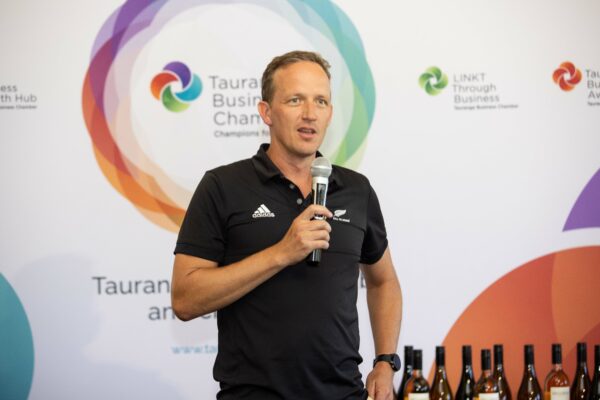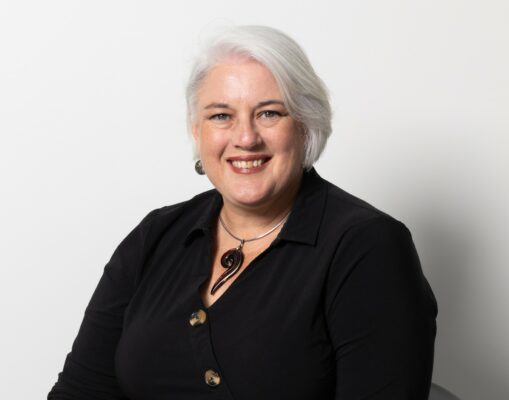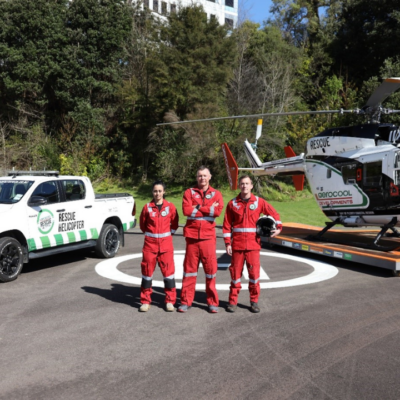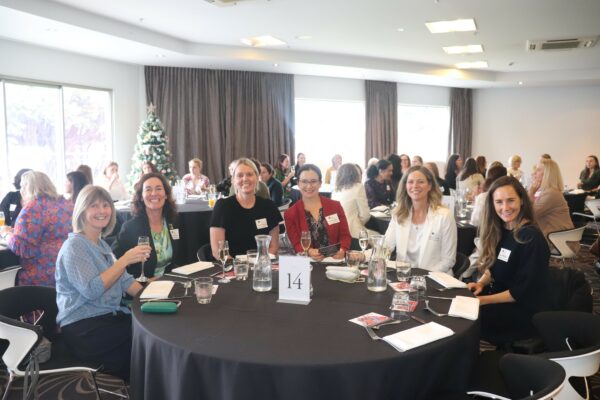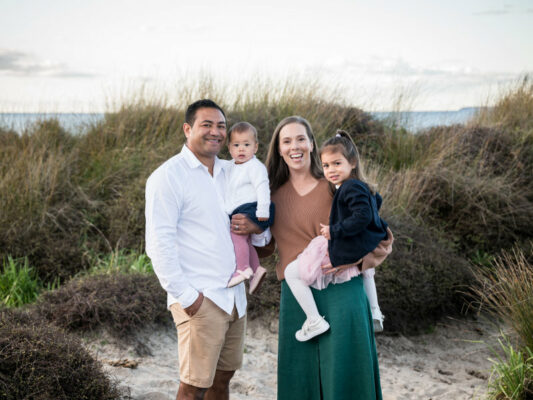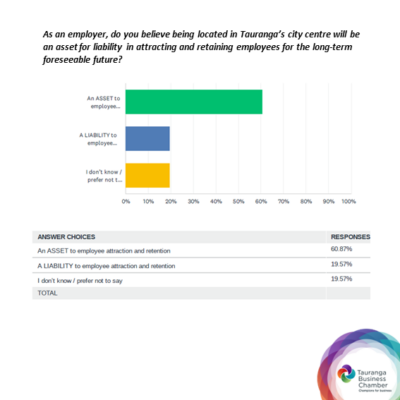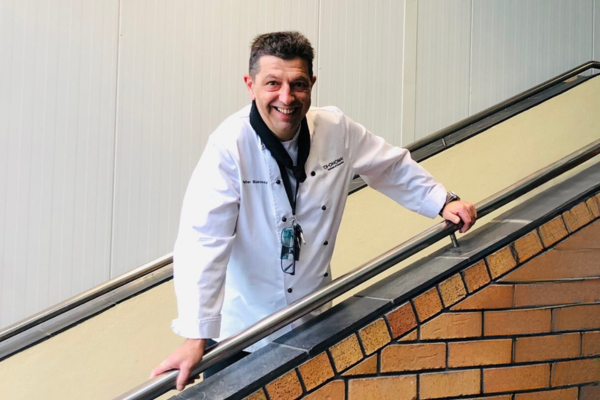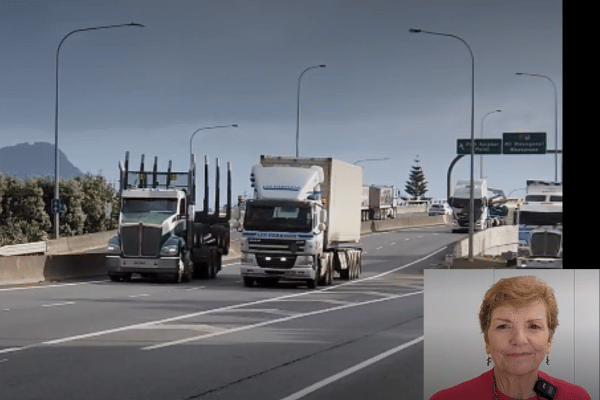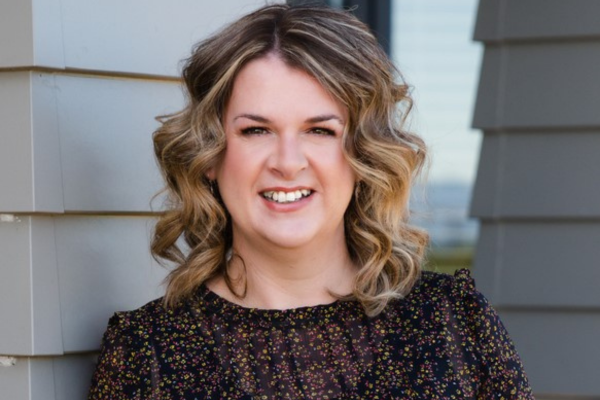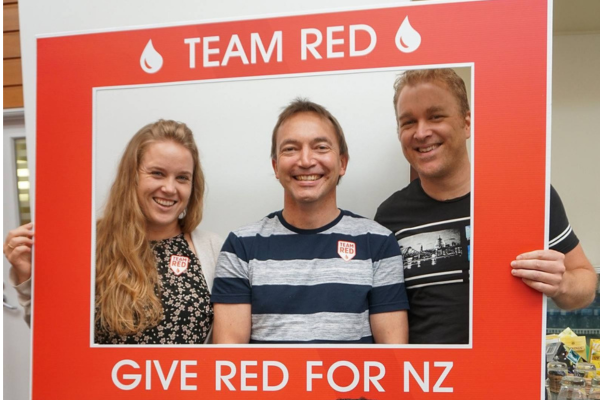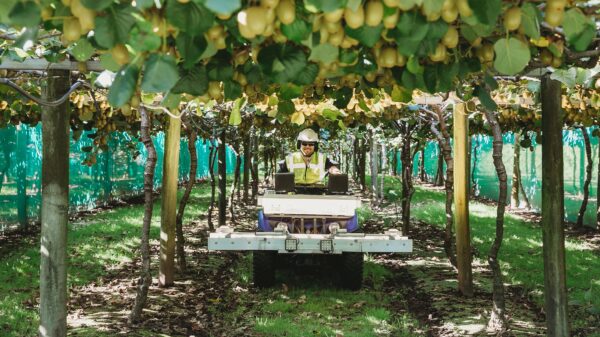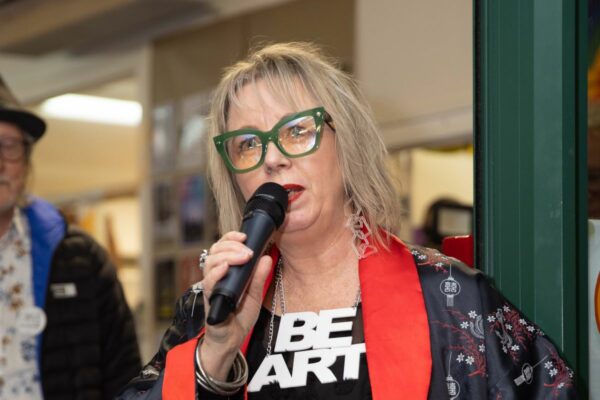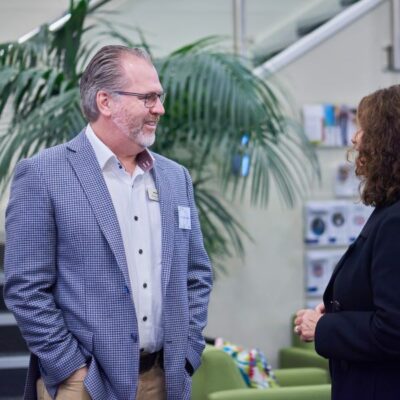Toi Moana Bay of Plenty Regional Council is on a mission to reduce their environmental footprint.
A lot of their day-to-day work across the region is already focused on sustainability and environmental protection, but they are wanting to reduce their internal corporate emissions too.
They got more serious about this mission a few years ago when they signed up to Toitu, a carbon reduction programme. The initial audit gave them good baseline data for their corporate carbon emissions and showed that fuel, electricity and air travel were their major contributors.
Toi Moana’s Customer Contact Manager, Rachael Burgess, explained that once they had visibility of their carbon footprint they were able to create meaningful targets, take conscious steps towards reducing emission and measure their progress going forward. This mahi is helped along by Selva Ganapathy, their new Corporate Sustainability Officer.
“We would highly recommend any other organisation wanting to improve sustainability in the workplace also looks at establishing their baseline data. It might be as simple as measuring the amount of fuel consumed, how many days of the week staff work from home or even how many rubbish bags go out each week. It gives you a platform to build from,” she says.
Toi Moana has recently upgraded their regional offices and this process has provided a unique opportunity to include a number of energy reduction features like solar panels, wind turbines and LED lighting throughout. It has also enabled them to install sufficient electric vehicle charging stations as they look to upgrade all light vehicles to electric by 2025.
It’s not all wind turbines and solar panels though. They’ve also introduced a number of easy initiatives at the office that is helping staff consider their own behaviour. An example of this has been the introduction of worm farms and removal of individual bins and replacing them with four ‘community bins’ split into landfill, compost, paper and other recycling.
Off the back of COVID they’ve developed more flexible working policies and improved access to technologies such as Zoom and Microsoft Teams. This is helping to keep cars off the road as the organisation has up to 75 people working from home on any given day.
“Its important to not be overwhelmed by the process,” says Rachael.
“Your organisation is not going to solve climate change alone but every little action at the workplace makes a difference and will often translate to behaviour change at home. Create short and long-term goals, involve staff in the process and highlight improvements made.”
“There are some great online tools and calculators and I recommend genless.govt.nz or livelightly.nz as great starting points.”
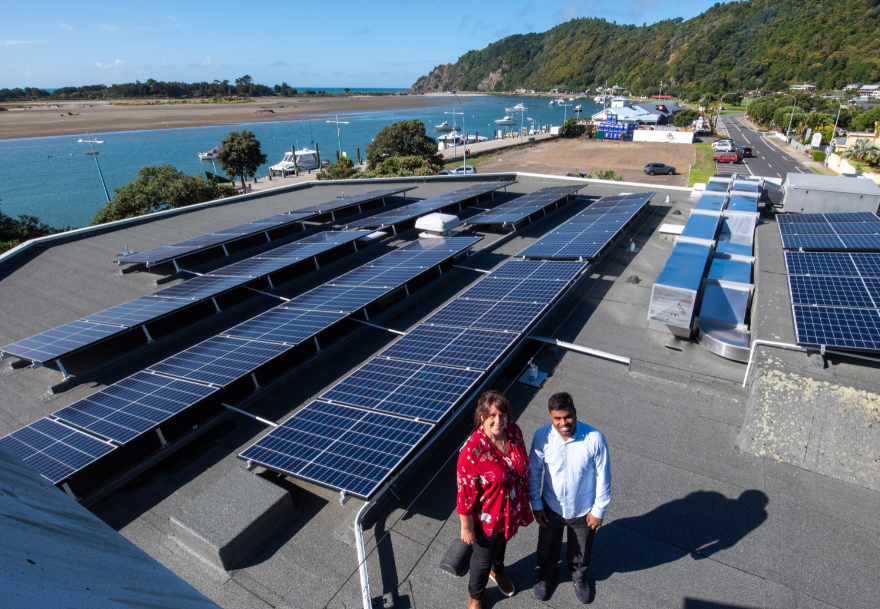


Want more top tips, advice and insights? Check out our news section.































